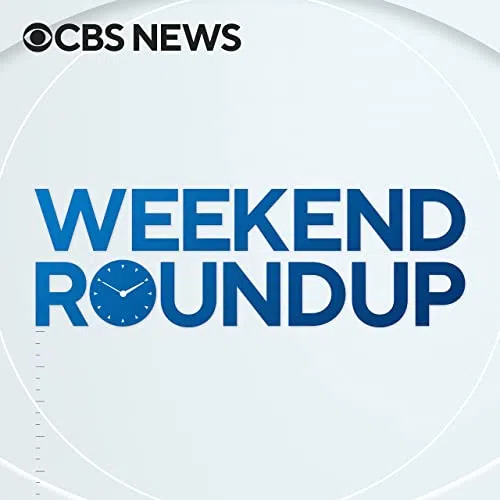A look at the day ahead in U.S. and global markets from Mike Dolan
August global business soundings continue to make a grating noise in Europe and China while disinflation hopes have been sideswiped by a rebounding oil price – leaving the U.S. dollar to surge anew.
The dollar’s index against the most traded currencies hit its highest level since May on Tuesday – just as U.S. markets return from the long Labor Day weekend, still digesting Friday’s benign employment report of brisk job creation, rising workforce participation and cooling wage growth.
The recent backup in oil prices – which has seen disinflationary year-on-year declines shrink to less than 10% from as much as 40% in June – continues to irk the back end of bond markets and will keep central banks on their toes.
But the U.S. jobs picture underscores the “soft-landing” consensus – something Tuesday’s updates on global business surveys from last month suggest may not be the case elsewhere.
The dollar’s latest jump was spurred on Tuesday by news of another swoon in Chinese service sector growth to eight-month lows last month, dousing Monday’s optimism about a tentative recovery in a sister survey on manufacturing.
Even though messy workouts of China’s ongoing property bust were some relief – as real estate giant Country Garden made some last minute dollar bond payments – the funk in the wider economy clearly persists. The offshore yuan fell back sharply from levels recently achieved by indirect official intervention.
Euro zone equivalent surveys later in the day showed an even bigger contraction of activity than “flash” early estimates for August – with the all-sector index dropping almost two points to 46.7 in August, a low not seen since November 2020.
That saw the euro fall back against the dollar to levels not seen since mid-June.
Although UK business is also recording its sharpest downturn in seven months, it was marginally above “flash” readings. But that provided little solace to sterling, which was also pummelled by the dollar to its lowest since June.
The Australian dollar skidded close to its lowest levels of the year, meantime, as the Reserve Bank of Australia left interest rates on hold for the third month in a row at the last meeting chaired by Governor Philip Lowe.
The sour business polls took some heat out of the recent oil price rebound, but did little to calm the long end of the bond market.
Despite little or no change in Federal Reserve interest rate expectations since Friday, 10-year Treasury yields – which reared up sharply just before the weekend – continued to edge back higher above 4.20%. A mix of energy price concerns, a heavy corporate bond sale schedule and fiscal worries around a possible government shutdown over the next month were all cited.
Stock markets in China and in Europe were all in the red, with Wall St futures down slightly ahead of Tuesday’s open.
In corporate news, shares of English football club Manchester United fell almost 10% premarket after UK newspaper The Mail on Sunday reported the club’s owners, the Glazer family, were going to take the club off the market, having failed to get close to their anticipated asking price in a protracted attempt to sell it this year.
Events to watch for on Tuesday:
* U.S. August employment trends, July factory orders
* European Central Bank Vice-President Luis de Guindos and ECB board member Isabel Schnabel speak at ECB legal conference
* U.S. Treasury auctions 3-, 6-, 12-month bills
* U.S. corporate earnings: Zscaler
(By Mike Dolan, Editing by Hugh Lawson mike.dolan@thomsonreuters.com. Twitter: @reutersMikeD)






